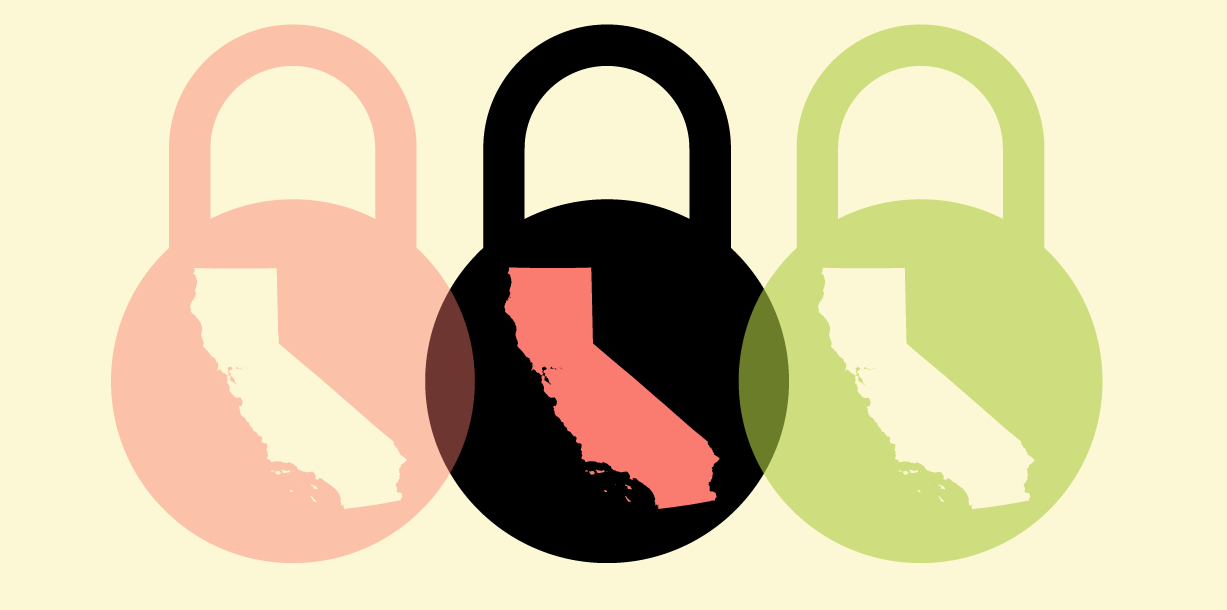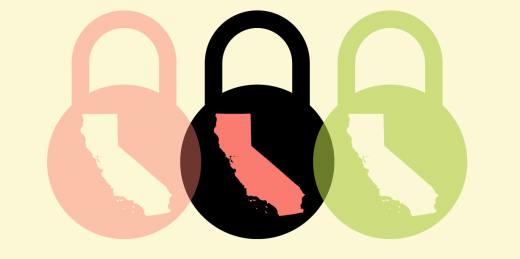Privacy Watchdogs Seek To Expand Californians’ Opt-Out Rights
Privacy Watchdogs Seek To Expand Californians’ Opt-Out Rights

California’s sweeping privacy law could become even broader, if advocates have anything to say about it.
The landmark privacy law, slated to take effect in January, allows consumers to learn what personal information about them is held by businesses, request deletion of that information, and opt out of its sale to outside companies. The law’s broad definition of personal information includes web-browsing activity and other data used for targeted advertising.
But the measure has some ambiguities regarding its definition of “sale” — including whether the term applies when companies transfer data to facilitate ad targeting. Ad companies have already suggested that they plan an aggressive interpretation of the potential loopholes.
Privacy advocates are hoping to resolve the ambiguities with a new ballot initiative, dubbed the California Privacy Rights and Enforcement Act (CPREA). Last month, real estate developer Alastair Mactaggart — who heads the group Californians for Consumer Privacy — unveiled a draft of the proposed enforcement act.
Among other measures, the new enforcement act would make it harder for companies to draw on some types of “sensitive” data — including non-public information about race, ethnicity, health and finances — for advertising. Publicly available data, including information provided by the government, wouldn’t be subject to constraints.
The proposed ballot initiative would require companies to obtain people’s explicit consent before selling “sensitive” data, and would allow people to opt out of the use of “sensitive” data for all forms of advertising.
Now, a coalition of privacy groups is asking Mactaggart to revamp his proposal in several respects — including by abandoning the idea that “sensitive” data should be treated differently than “non-sensitive” information.
“A great deal of personal information that CPREA deems non-sensitive raises extraordinary privacy concerns, including immigration status, political party registration, telephone and email metadata (i.e., who called whom and when), education attainment, job history, and familial relationships,” 11 groups, including the ACLU of California, Center for Digital Democracy, Consumer Reports and the Electronic Frontier Foundation, write in a letter sent to Mactaggart last week.
“Surveillance-based adtech is one of the greatest menaces to consumer data privacy,” the groups continue. “Consumers should be able to opt-out of businesses using any of their personal information for advertising and marketing.”
The advocates are also pressing Mactaggart to add language enabling consumers to bring private lawsuits against companies that violate the law’s opt-out provisions.
The state’s current privacy law was passed in 2018 after Mactaggart’s organization backed an earlier ballot initiative. The measure garnered enough signatures to secure a spot on the 2018 ballot, but Mactaggart withdrew it in exchange for passage of the California Consumer Privacy Act.
(21)


